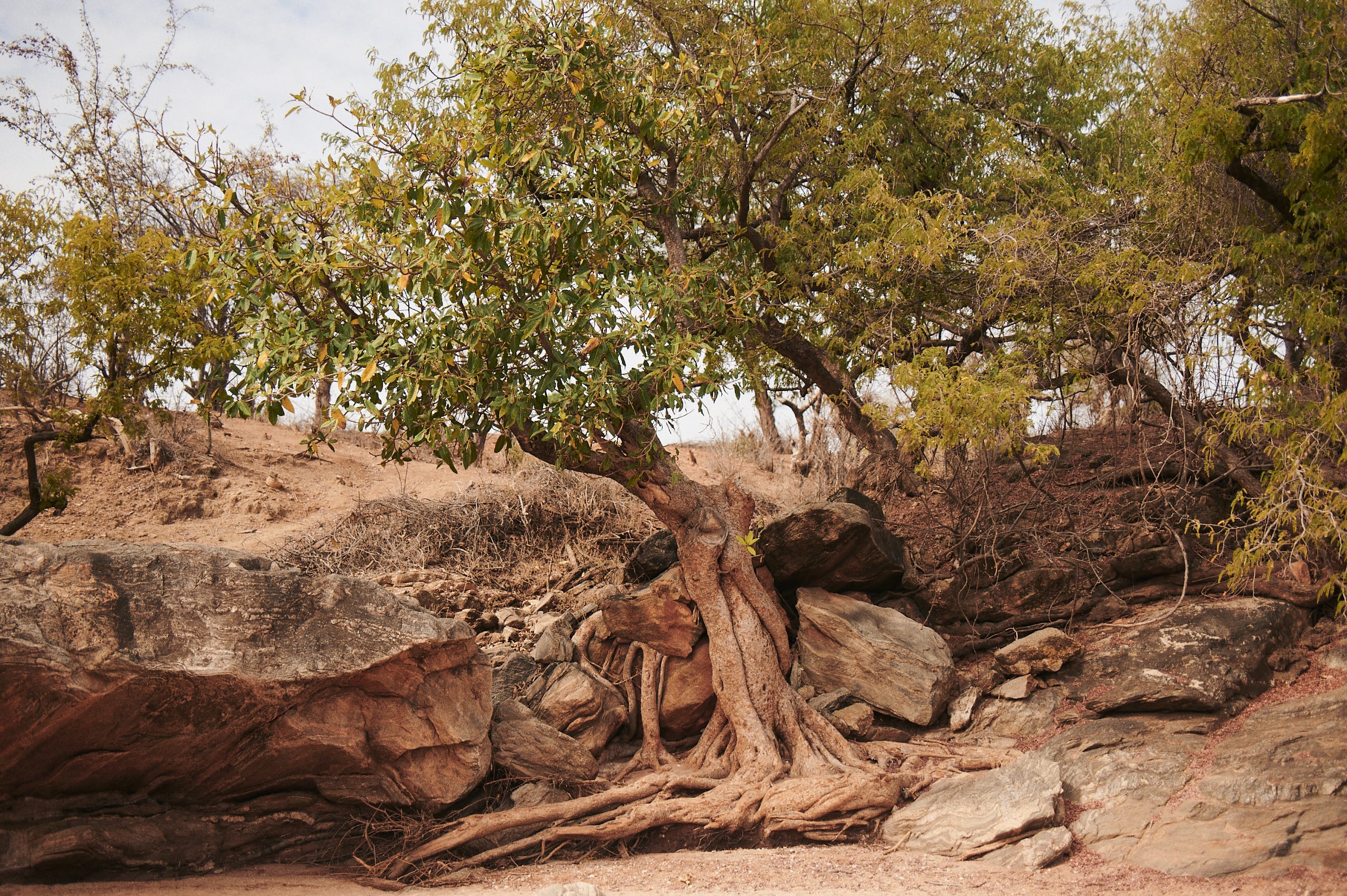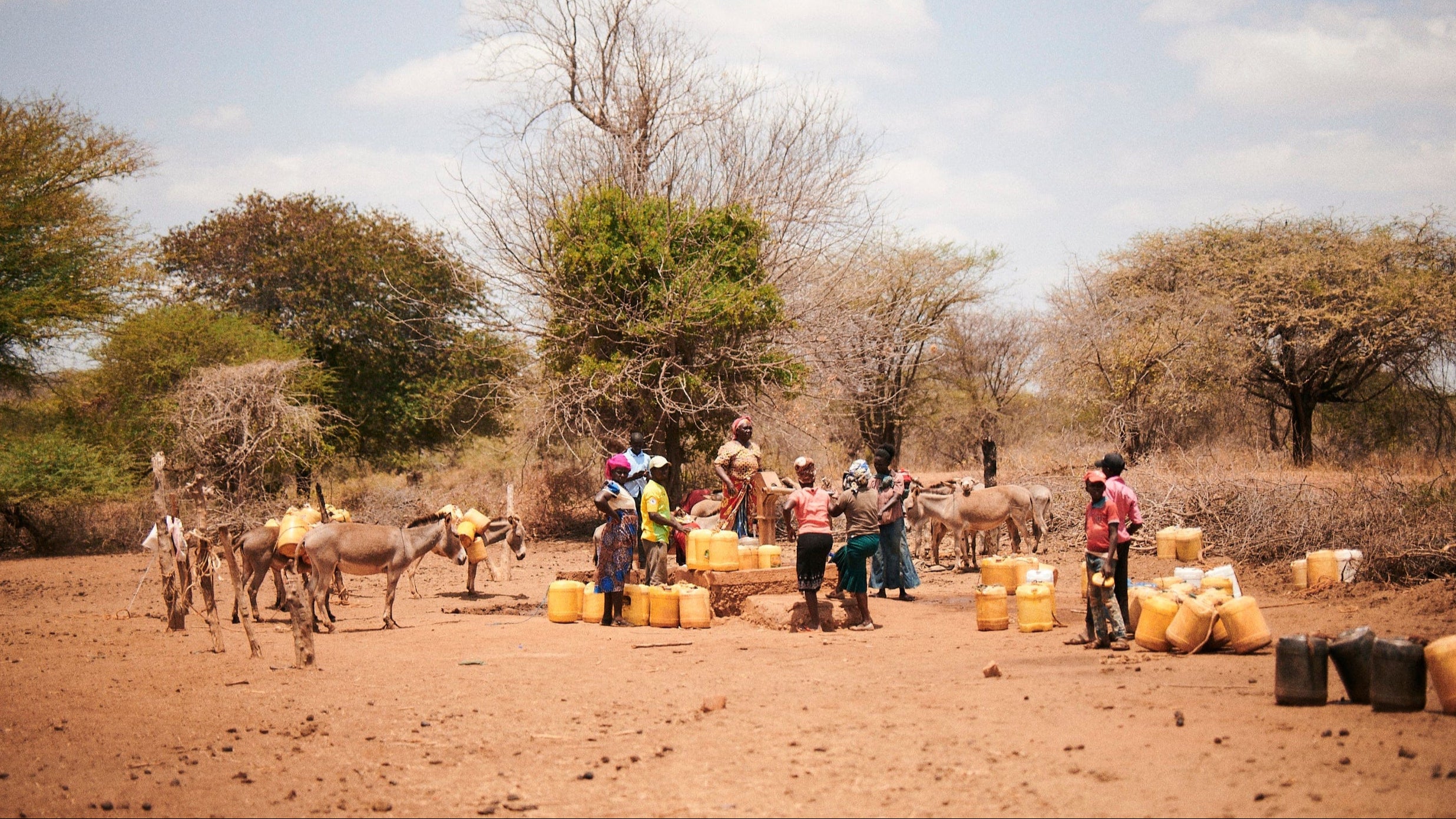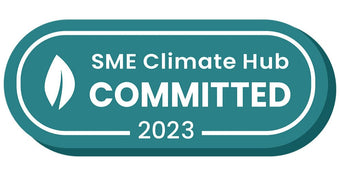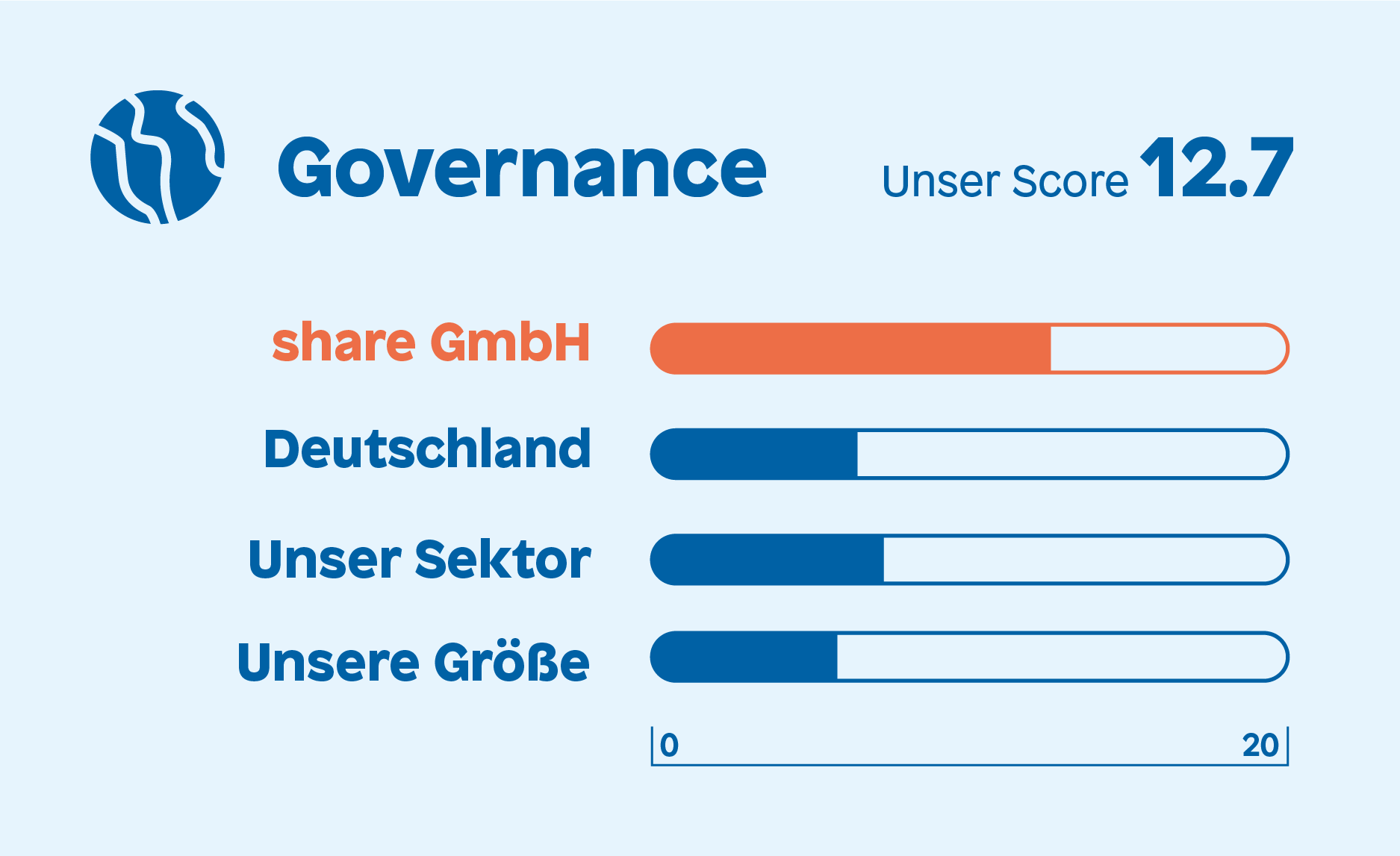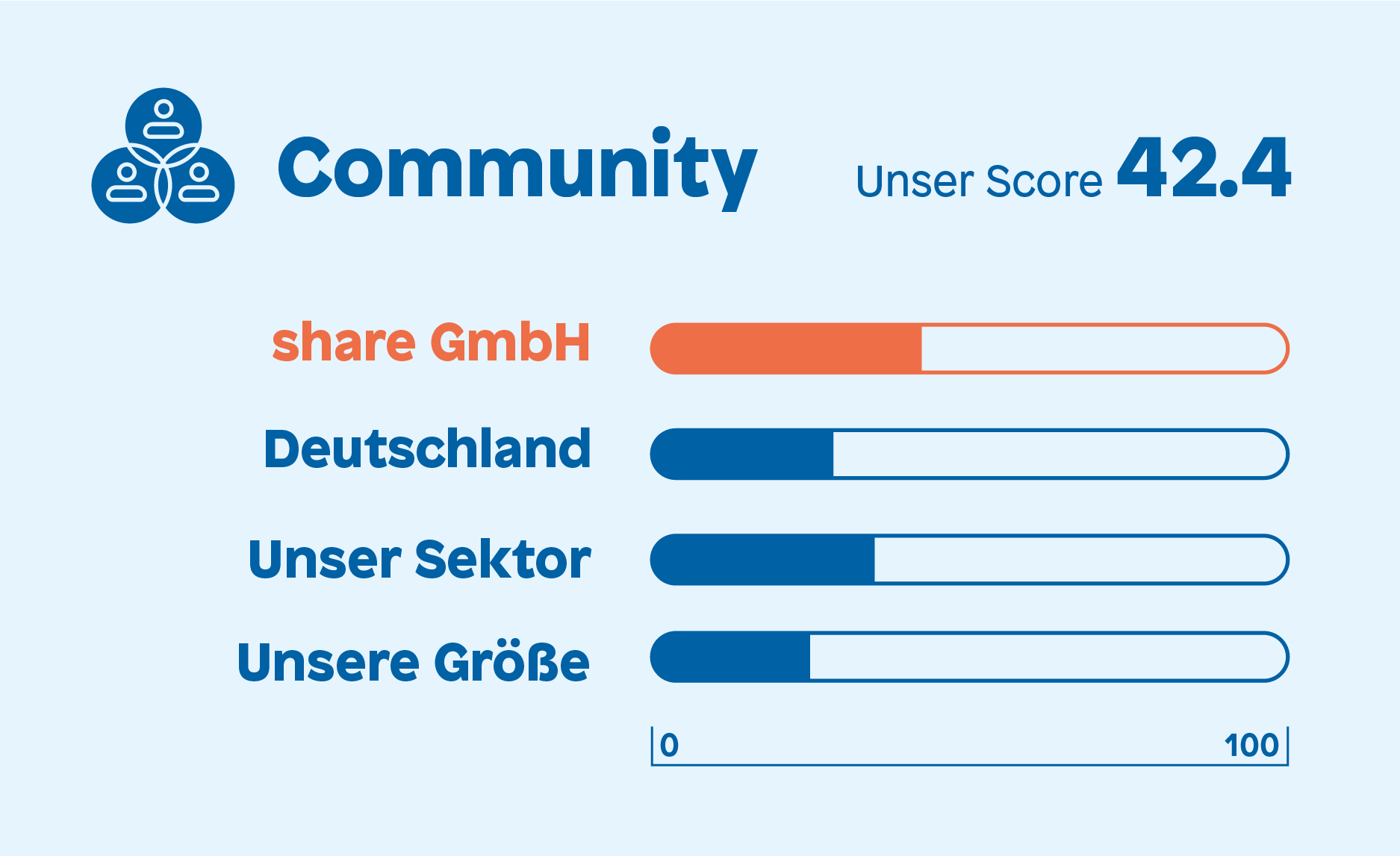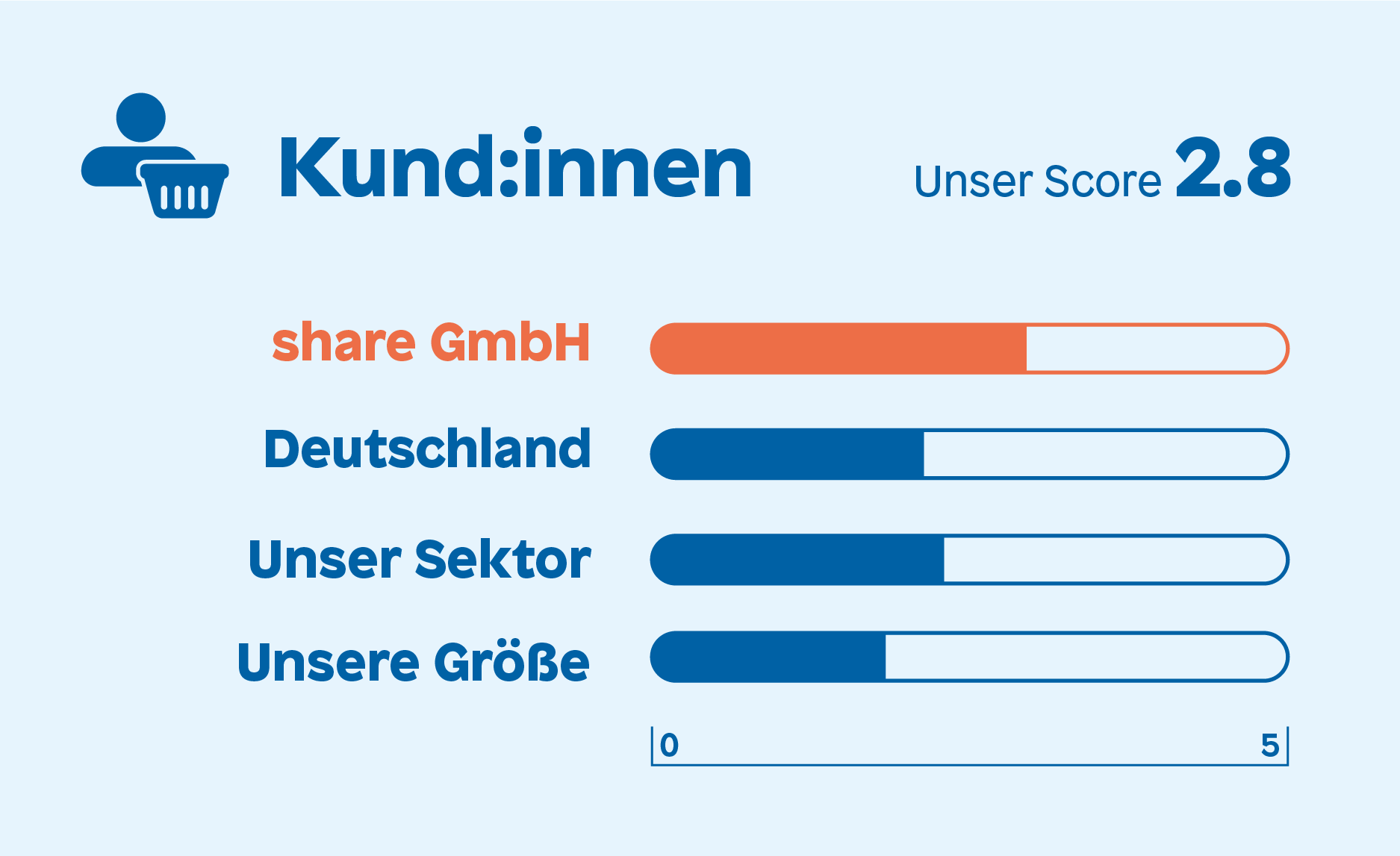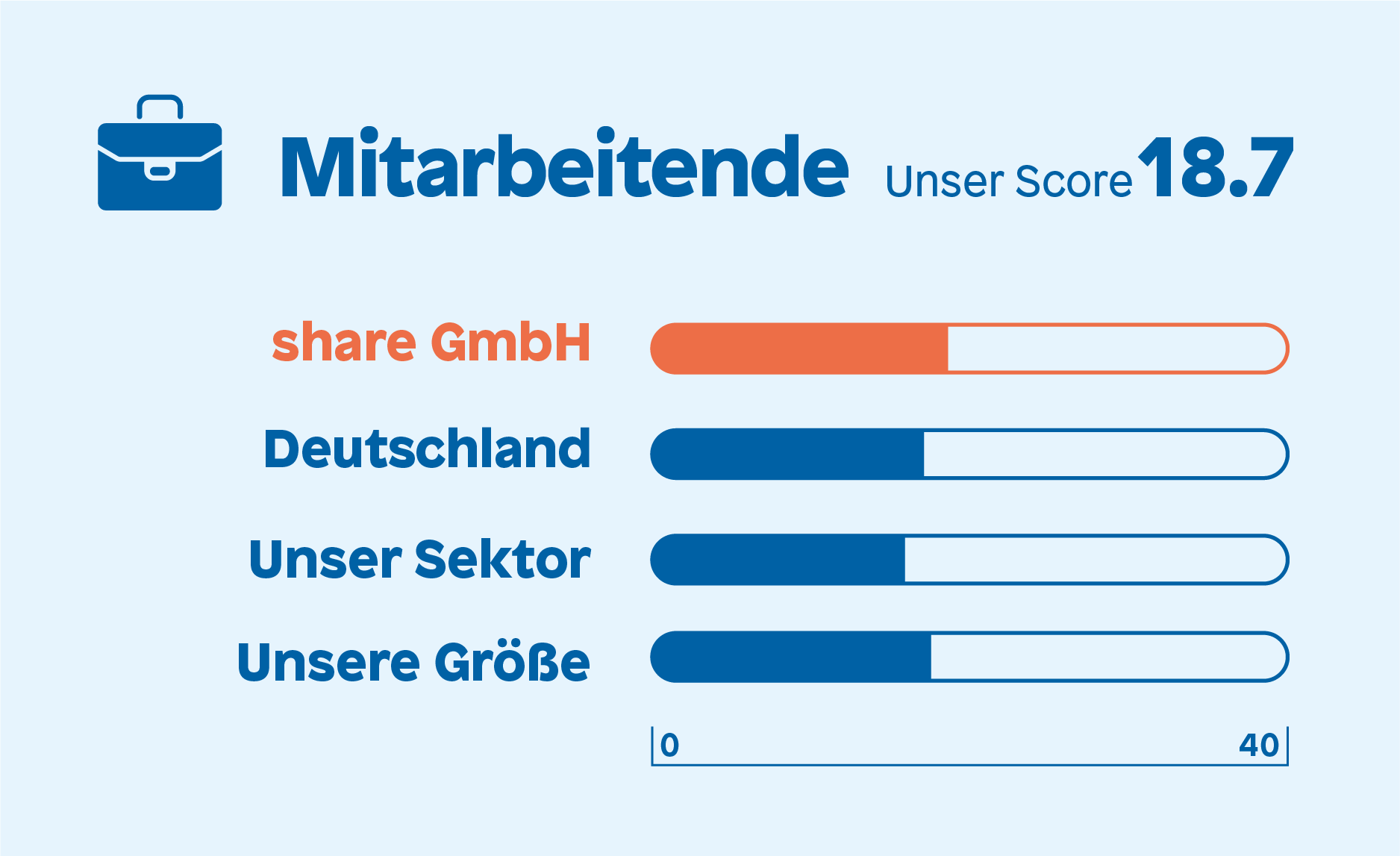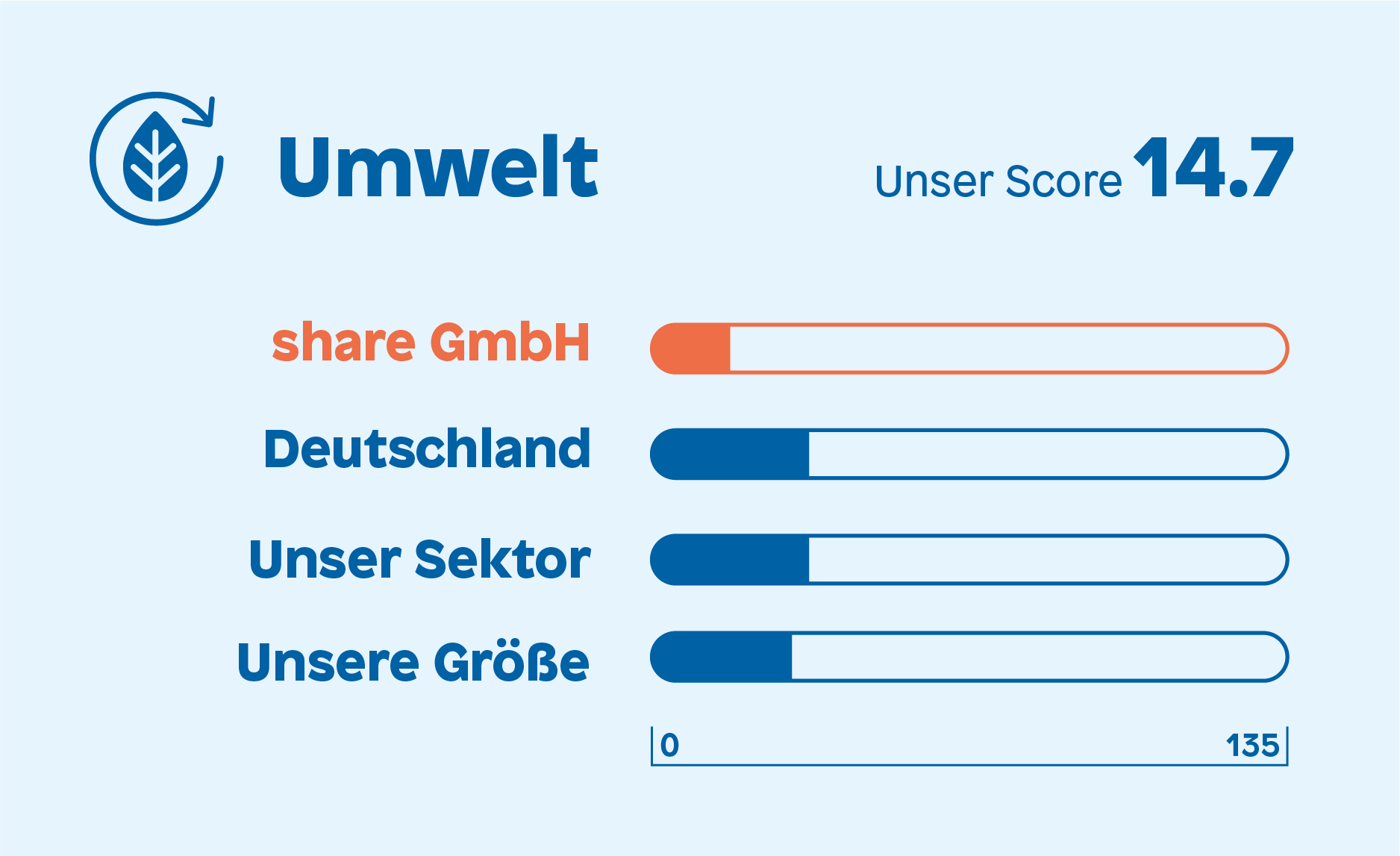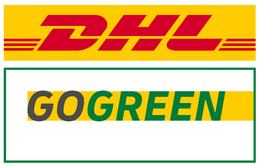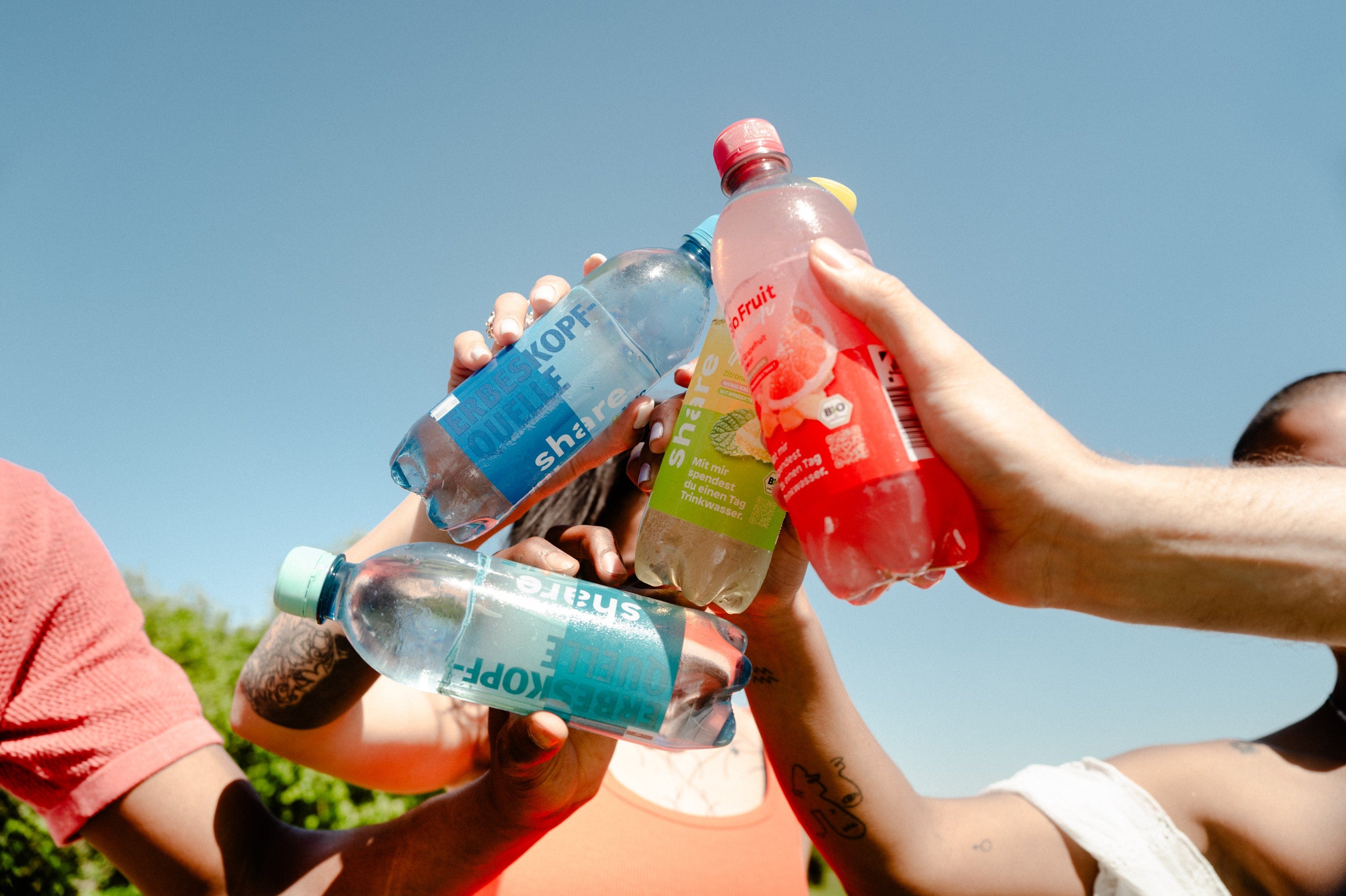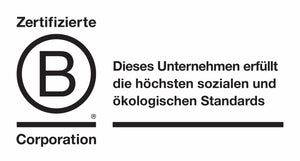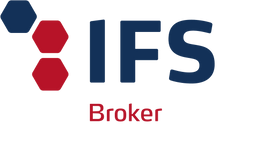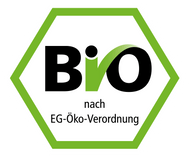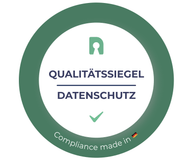Corporate responsibility
Our corporate responsibility extends far beyond our social business model and obligates us to consider all pillars of sustainability. Our core strategic initiatives in this area are transparency and risk management in the supply chain, the environmental compatibility of our packaging, and our carbon footprint. We pursue a simple approach to these important topics: collecting data to understand our current standing, identifying and prioritizing areas for improvement, defining clear goals, implementing measures, and regularly evaluating progress. Working collaboratively is particularly important to us in order to set realistic goals, learn from each other, and thus achieve more together.
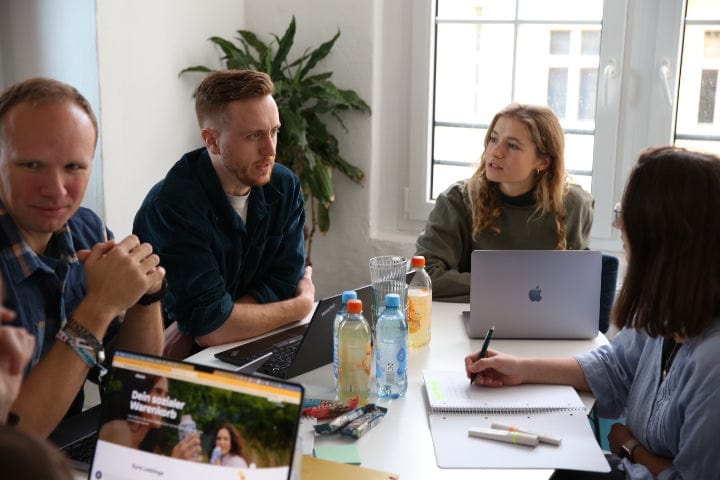
Responsibility in the supply chain
Global supply chains pose social and environmental risks – that's why we prioritize fairness through transparency and close collaboration with our suppliers. All direct partners are integrated into the VERSO Supply Chain Hub and regularly undergo the Sustainability Maturity Assessment. We discuss the results together to identify concrete improvements. These results are also incorporated into the sustainability rating, which is an integral part of our annual supplier evaluation – and thus influences our selection decisions.

Our highest priority is human rights due diligence. Therefore, we conducted a risk analysis to identify the ingredients in our products that are associated with the highest risk and to focus specifically on these. These include, for example, cocoa and cane sugar. As part of every product development process, the ingredients are evaluated based on their origin and certification status, and this assessment informs the decision-making processes that determine whether and how we implement new products.
Packaging and the circular economy
For us, packaging is not waste, but a valuable resource. Our goal: to package products securely while using raw materials as efficiently and sustainably as possible. Since introducing the first fully recycled mineral water bottle in Germany in 2018, we have been actively driving packaging innovation – from material reduction and the use of recycled materials to recyclability, reusability, and biodegradability. Since the end of 2023, we have been part of the Interzero Recycling Alliance to further improve our packaging in line with a resource-conserving circular economy.
Our carbon footprint
The climate crisis is hitting the Global South hardest, affecting many of the people we support with our projects. That's why we're committed to reducing our carbon footprint and contributing to the 1.5°C target. We regularly measure our emissions, implement concrete reduction measures, and invest in certified climate protection projects. Since 2023, we've been part of the SME Climate Hub and the UN Race to Zero – with the goal of halving our emissions by 2030, achieving climate neutrality by 2050 at the latest, and reporting transparently on our progress annually.
Note: CO2 is representative of all greenhouse gases relevant according to the IPCC.
Here's what others say about us
We are delighted to welcome share, an innovative company focused on sustainability, to our Recycling Alliance.
Frank Kurrat | Managing Director Interzero Recycling Alliance
For us, credibility and uncompromising commitment are particularly important. Share delivers on this front. Even with their mineral water – developing a new reusable bottle specifically for the railway's requirements – share demonstrated dedication and creativity. The same was true for the development of the paper packaging for the chocolate that we had requested.
Philip-Nicola Schaaf | Head of Product Group Management, DB Fernverkehr AG
We were impressed by the "1+1 principle" and the product's quality. Furthermore, we share the same values. IKEA and share are both committed to making the world a better place. With share, we have a partner with whom we can jointly assume social responsibility and inspire many people to live more sustainably. Share water is one of our many initiatives promoting socially responsible consumption and more sustainable product alternatives.
Kasia Dulko-Gaszyna I Sustainability Manager at IKEA
More than just a certification
B Corp
As a social business, we have stood for a different way of doing business since our founding: transparent, responsible, and impact-oriented. We were successfully certified as a B Corp in our very first year. Now, recertification is due for the second time, and we are preparing thoroughly. Even though recertification only takes place every three years, we see the B Impact Assessment primarily as a guideline that provides impetus, aids in benchmarking, and offers insights into where structures can be further developed.
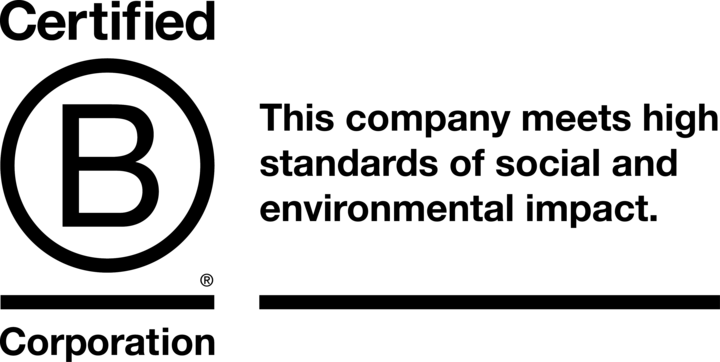
B Corps are companies that explicitly commit to social impact and environmental sustainability in their corporate constitution. Certification is based on a comprehensive audit in five key areas: corporate governance, employee rights, the environment, social engagement, and customer responsibility. There are now over 10,000 certified B Corps worldwide in 105 countries – including more than 115 in Germany. Among the best-known are companies like Patagonia, Ben & Jerry's, Danone, Tony's Chocolonely, soulbottles, and ecosia.
Impact Business Models
With our impact business models "Mission Locked" and "Designed to Give", we are particularly strong in the areas of governance and community and have been awarded 3 times as a B Corp Honoree in the category "Community".
Mission Locked
Our social mission is firmly enshrined in both our founding charter and our articles of association. We commit ourselves to creating social value even before we generate profits.
Designed to Give
Donating is not a nice-to-have for us, but is ingrained in our DNA: On average, we donate between 5 and 10% of our revenue to social projects.
We are currently in the recertification process, which takes place every three years.

